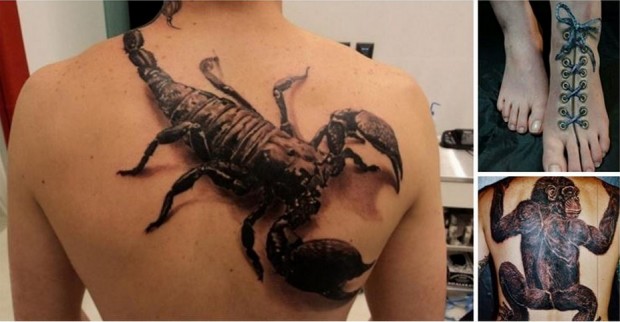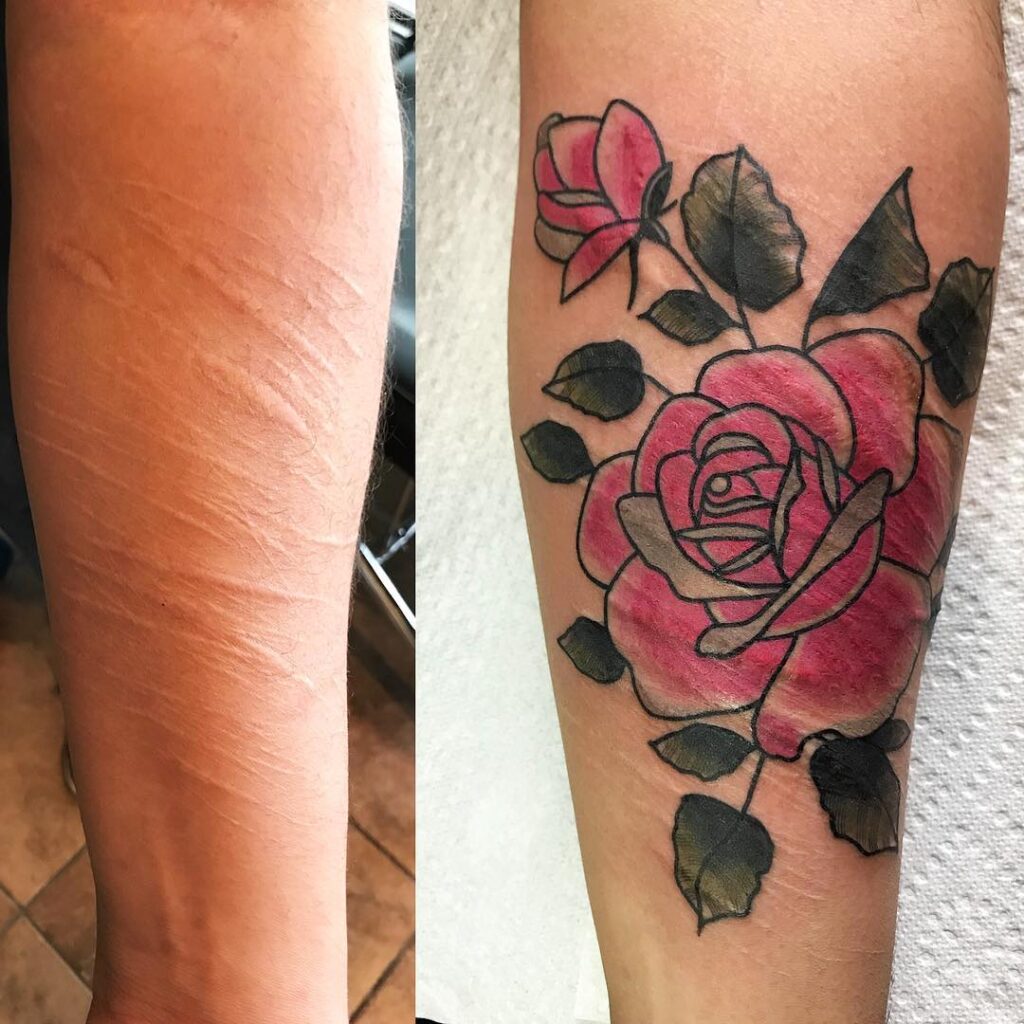The Hidden Dangers of Tattoos: Why They Should Be Avoided
The Hidden Dangers of Tattoos: Why They Should Be Avoided
The Hidden Dangers of Tattoos: Why They Should Be Avoided

Tattoos have become increasingly popular in recent years, with many people choosing to adorn their bodies with intricate designs and meaningful symbols. However, the potential health risks associated with tattooing are often overlooked or underestimated. From acute complications to long-term health issues, tattoos can pose serious threats to your well-being. Here are some key reasons to reconsider getting a tattoo:

1. Infections: HIV and Hepatitis
One of the most serious risks associated with tattooing is the potential for infection, particularly with bloodborne diseases such as HIV and hepatitis. These infections can occur if needles are reused or not properly sterilized.
Risk Factors:
- Illegal Tattoo Parlors: Unregulated and illegal tattoo parlors often do not follow strict hygiene practices, significantly increasing the risk of infections.
- Reused Needles: Using needles that have not been properly sterilized can transmit severe diseases like HIV and hepatitis.
2. Allergic Reactions to Tattoo Inks
Both temporary and permanent tattoo inks can cause allergic reactions, which can be particularly distressing as these reactions may not be evident until after the tattoo has been applied.
Risk Factors:
- Unknown Allergies: Individuals may not know they are allergic to specific inks until after the tattoo is done.
- Ink Colors: Studies indicate that red and yellow inks are most likely to cause allergic reactions, while black, purple, and green pigments are less allergenic.
- Sunlight Exposure: Allergic reactions are often triggered by exposure to sunlight, causing itching, swelling, and discomfort.
3. Scarring
The process of tattooing involves puncturing the skin to inject ink, which can lead to the formation of scar tissue as the body attempts to heal and remove the foreign substance.
Risk Factors:
- Keloids and Bumps: Scar tissue can form bumps or small knots around the tattoo, known as keloids.
- Pre-existing Skin Conditions: Certain skin conditions, such as psoriasis or eczema, can worsen due to the trauma of tattooing.
4. Skin Infections
Even with a sterile needle, the risk of skin infections remains a significant concern. Contaminated ink can introduce bacteria into the skin, leading to infections that may take weeks to appear.

Symptoms of Infection:
- Red Rashes: Persistent redness around the tattoo site.
- Swelling: Swelling and inflammation of the skin.
- Pain: Ongoing pain that does not subside after the initial healing period.
- Delayed Onset: Infections can take 2-3 weeks to become apparent, making it crucial to monitor the tattoo site closely.
5. MRI Complications
Magnetic Resonance Imaging (MRI) scans can cause complications for individuals with tattoos. The magnetic field generated by the MRI machine can interact with the ink, particularly if it contains metals like iron oxide.

Risk Factors:
- Swelling and Burning: Tattooed areas may experience swelling or a burning sensation during an MRI.
- Iron Oxide in Ink: Black ink, which often contains iron oxide, can heat up due to the MRI scanner, causing discomfort or burns.
- Modern Inks: While newer inks are designed to be safer, it is essential to verify the type of ink used by your tattoo artist.
6. Cancer Risk
The long-term health effects of tattoo ink are not fully understood, but there is concern that the ink can introduce toxins into the bloodstream, potentially leading to cancer.
Risk Factors:
- Toxins in Ink: Tattoo inks may contain harmful substances that can accumulate in the body over time.
- Regulatory Concerns: The regulation of tattoo inks varies by country, and some inks may contain carcinogenic compounds.
- Research Gaps: Ongoing research is needed to fully understand the potential cancer risks associated with tattoo ink
While tattoos can be a form of self-expression and artistry, the health risks associated with them are significant and should not be taken lightly. From the immediate pain and potential for infections to long-term concerns such as scarring, allergic reactions, and even cancer, the decision to get a tattoo should be carefully considered.
If you are still considering getting a tattoo, ensure that you:
- Choose a reputable and licensed tattoo parlor.
- Verify that your tattoo artist uses sterile needles and high-quality, safe inks.
- Discuss any allergies or skin conditions with your artist beforehand.
- Follow all aftercare instructions meticulously to minimize the risk of complications.
Ultimately, being informed about the potential dangers can help you make a safer choice regarding body art.